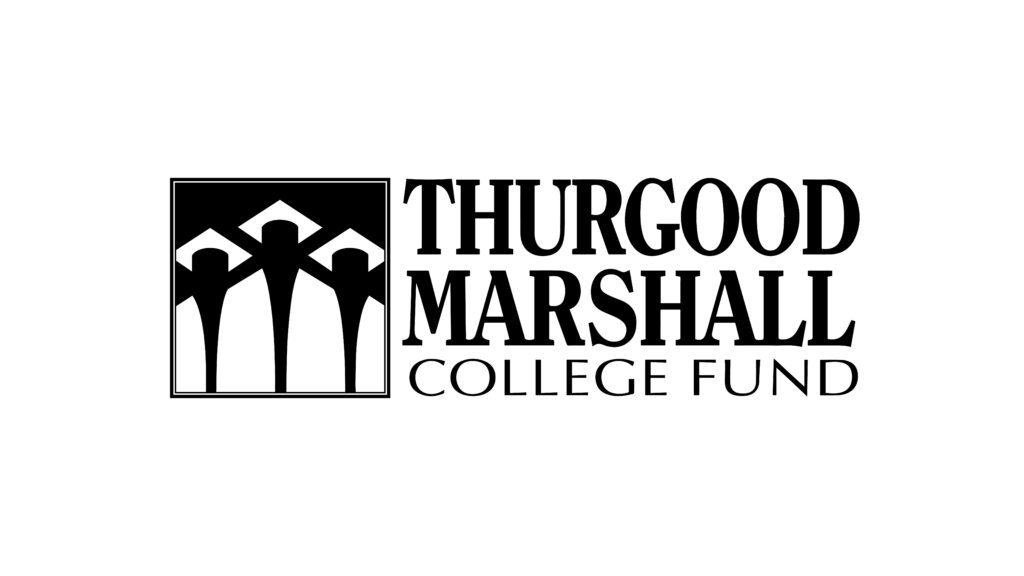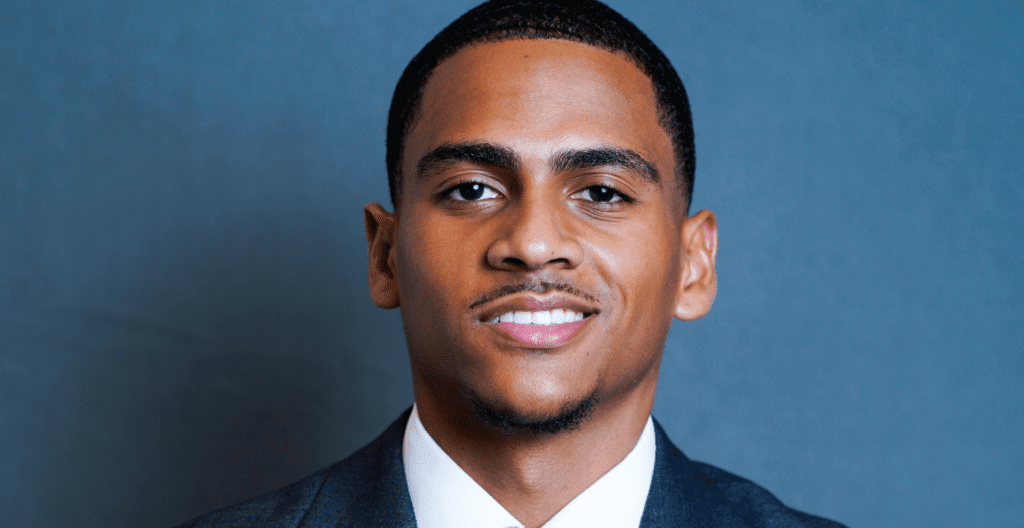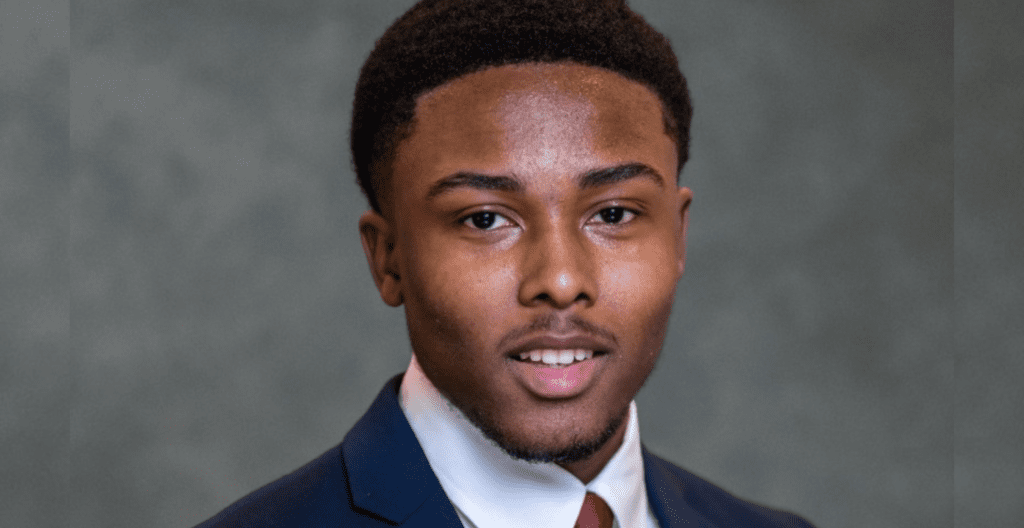Through funding from the HBCU Transformation Project, Thurgood Marshall College Fund (TMCF) is leading the effort to implement a strengths-based approach to historically Black colleges and universities (HBCUs).
Last fall, Dr. Paquita Yarborough, vice president of capacity building, and Dr. Cheresa Simpson, director of capacity building, presented a case to the Investment Review Board of the HBCU Transformation Project. Their hypothesis: students who take the CliftonStrengths assessment and participate in strengths-based activities, advising and interventions are more likely to continue college past the first year.
Simpson said there is data to support their hypothesis, but none from HBCUs.
“We are the first to begin supporting a network of HBCUs toward implementing strengths-based approaches on campus,” Simpson said. “Campuses that utilize strengths-based approaches across multiple departments and disciplines are referred to as strengths-based campuses.”
Thus, the HBCUs Embracing and Retaining Our Everyday Strengths (HEROES) program, a retention strategy pilot, was born. The HBCU Transformation Project has implemented enrollment initiatives across more than 40 HBCUs, HEROES is the first retention-specific program.
“Oftentimes classes, programs, workshops and services are designed for students who are underprepared,” Simpson said. “The goal is to show students how to maximize their talents or focus on what is right about a student instead of what is wrong.”
Year one of the program began on the campuses of Elizabeth City State University, Grambling State University and Voorhees University. A large percentage of the freshmen classes at those institutions participated in the program by first taking the CliftonStrengths Assessment. In the spring semester, a selected group among the freshmen classes, faculty and staff participated in introductory workshops, webinars and coaching sessions. A research component consisting of surveys, interviews and focus groups was also implemented to better understand the impact on retention.
“HEROES is unique because this is a networked approach to providing our HBCUs with the knowledge and resources needed to think differently about how they engage students and how students engage each other, ultimately building campus capacity in the area of retention,” Yarborough said.
The culmination of year one of the program took place in June with the first HBCU Gallup Global CliftonStrengths Coach Certification week for the selected group to become certified coaches in the Gallup world headquarters in Washington, D.C. Thirty students, faculty and staff from the participating universities took the CliftonStrengths certification course.
Participants were presented their certifications by TMCF’s former board chair and the immediate past CEO of Gallup, Jim Clifton (son of Don Clifton, the psychologist that conceived CliftonStrengths). Dr. Harry L. Williams, president & CEO of TMCF, was in attendance to provide remarks and encouraging words. Each campus now has students serving as peer coaches for at least the next three years, with faculty and staff serving as advisors and team coaches.
Year two of the program will begin in the fall with three more institutions.



